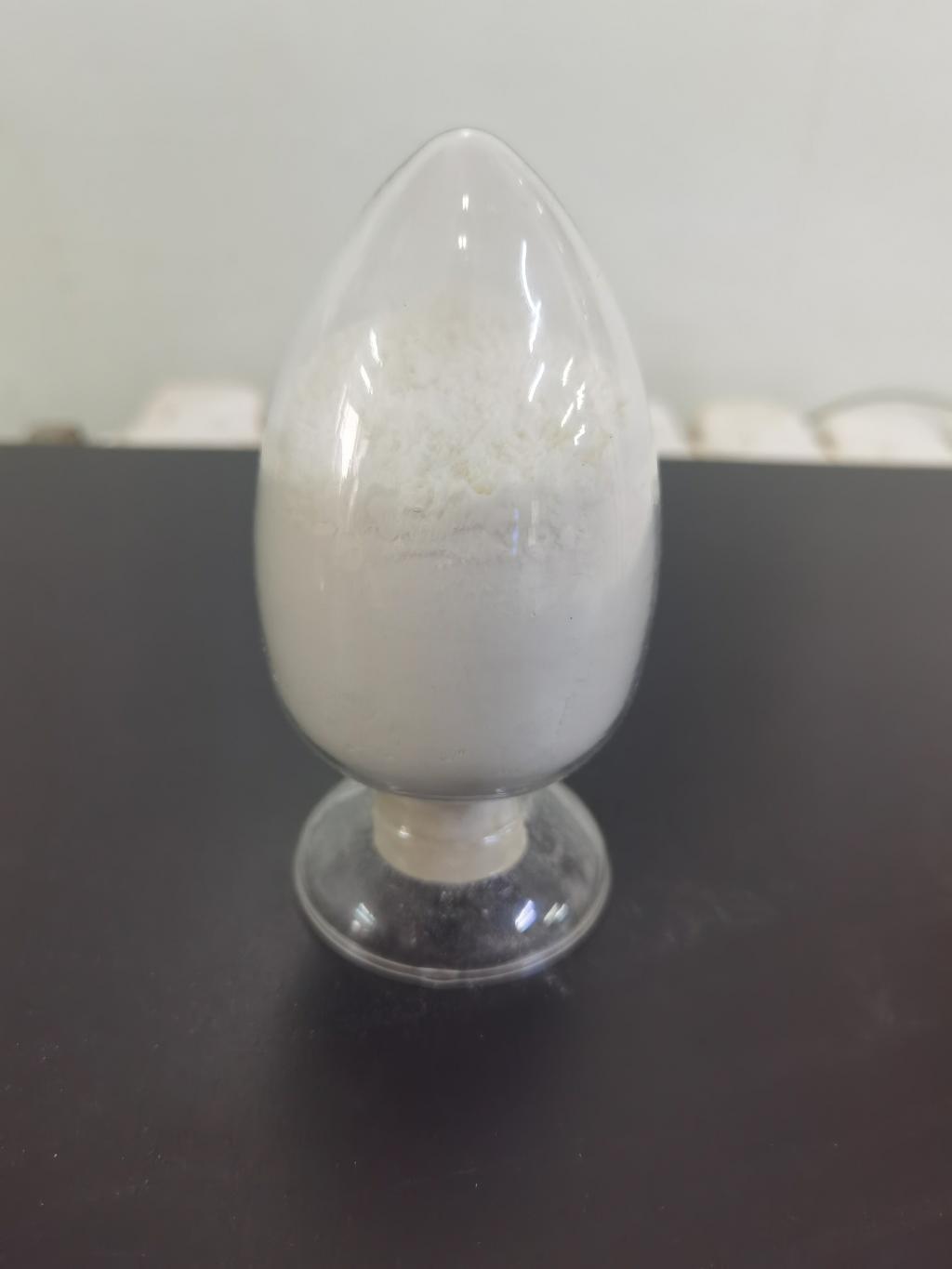Tel:+8618231198596

News
 CONTACT
CONTACT
 CONTACT
CONTACT
- Linkman:Linda Yao
- Tel: +8618231198596
- Email:linda.yao@dcpharma.cn
- Linkman:CHARLES.WANG
- Department:Overseas
- Tel: 0086 0311-85537378 0086 0311-85539701
News
Current Position:
Home >
News
>Investigating the Impact of ε-Polylysine Hydrochloride on Gut Microbiota.
Investigating the Impact of ε-Polylysine Hydrochloride on Gut Microbiota.
TIME:2024-06-12
Mechanism of Action:
ε-PL is a natural antimicrobial peptide produced by certain strains of bacteria, primarily Streptomyces albulus. It exerts its antimicrobial activity by disrupting bacterial cell membranes, leading to leakage of intracellular contents and ultimately cell death. ε-PL has broad-spectrum antimicrobial properties, inhibiting the growth of Gram-positive and Gram-negative bacteria, fungi, and some viruses. Its effectiveness against foodborne pathogens has made it a popular choice for food preservation applications.
Methods of Investigation:
To investigate the impact of ε-PL on gut microbiota, various in vitro and in vivo studies have been conducted. In vitro studies typically involve incubating fecal samples or microbial cultures with ε-PL and analyzing changes in microbial composition using techniques such as 16S rRNA gene sequencing or metagenomic analysis. In vivo studies utilize animal models, such as mice or rats, fed with ε-PL-supplemented diets, followed by analysis of fecal or intestinal samples to assess changes in gut microbiota composition and function.
Effects on Gut Microbiota Composition:
Several studies have demonstrated that ε-PL can alter the composition of gut microbiota. While the specific effects vary depending on dosage, duration of exposure, and host factors, ε-PL generally reduces the abundance of certain bacterial taxa, particularly Gram-positive bacteria such as Firmicutes, while having minimal impact on Gram-negative bacteria. Additionally, ε-PL has been shown to reduce microbial diversity and alter the relative abundance of specific bacterial genera, potentially shifting the balance of the gut microbiota towards a less diverse and less stable state.
Impact on Gut Microbiota Functionality:
In addition to changes in microbial composition, ε-PL may also affect gut microbiota functionality. Studies have suggested that ε-PL can modulate microbial metabolism, leading to alterations in the production of short-chain fatty acids (SCFAs), microbial-derived metabolites, and other bioactive compounds. These changes in gut microbiota functionality may have implications for host health, influencing processes such as inflammation, immune function, energy metabolism, and gut barrier integrity.
Implications for Human Health:
While ε-PL has demonstrated antimicrobial efficacy and safety in food preservation, its effects on gut microbiota raise questions about potential implications for human health. Dysbiosis of the gut microbiota has been linked to various health conditions, including gastrointestinal disorders, metabolic disorders, and immune-related diseases. Therefore, understanding how ε-PL impacts gut microbiota composition and function is essential for evaluating its safety as a food additive and its potential effects on host health.
Future Directions:
Further research is needed to elucidate the mechanisms underlying the effects of ε-PL on gut microbiota and to assess its long-term impact on human health. Future studies should focus on investigating the dose-response relationship, the persistence of ε-PL-induced changes in gut microbiota, and potential interactions with other dietary components or medications. Additionally, human clinical trials are warranted to evaluate the safety and tolerability of ε-PL consumption and its effects on gut microbiota composition, host physiology, and health outcomes.
Conclusion:
ε-Polylysine hydrochloride is a potent antimicrobial agent widely used in the food industry for its ability to inhibit the growth of spoilage and pathogenic microorganisms. While its antimicrobial efficacy is well-established, its impact on gut microbiota composition and functionality is an emerging area of research. Studies have shown that ε-PL can alter gut microbiota composition and metabolism, potentially influencing host health. Further research is needed to fully understand the implications of ε-PL consumption on gut microbiota and human health, informing regulatory decisions and dietary recommendations regarding its use as a food additive.
- Tel:+8618231198596
- Whatsapp:18231198596
- Chat With Skype







